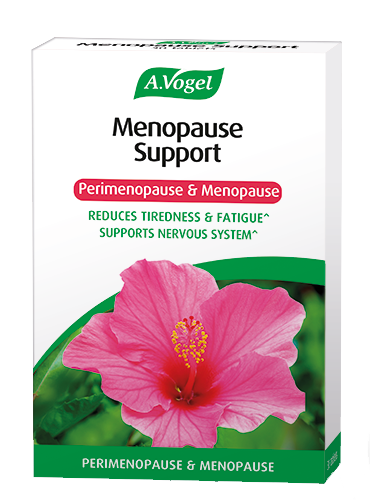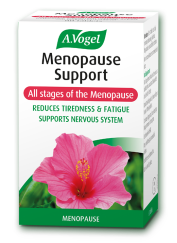An introduction to dry mouth and menopause
A dry mouth occurs when the salivary glands do not produce enough saliva to keep the mouth moist, or saliva is present but less effective at its job. This can make it difficult to speak, eat and swallow.
In itself, a dry mouth can be very uncomfortable or troublesome. However, dental problems may develop such as bacterial infections and tooth decay. For this reason, it is important to try to find a solution to your condition.
Why does the menopause cause a dry mouth?
When women go through the menopause, they experience significant hormonal changes. In simple terms, as oestrogen drops, this reduces moisture in the mucous membranes. This is why many women who experience a dry mouth can also experience dry eyes.
Additionally, salivary cortisol rises. Before the menopause, this is regulated throughout the day by oestrogen. However, with dropping oestrogen, this limiting factor weakens, resulting in dryness and a burning sensation in the mouth.
HRT may temporarily help with symptoms of the menopause but it can cause side-effects. When the hormone progesterone is taken, symptoms of dryness in the mouth can actually worsen. When coming off HRT such symptoms may also occur.
What home remedies can help a dry mouth?
Home remedies for this symptom focus on trying to increase salivary production. When we eat something, this stimulates the salivary glands to produce saliva. While one option is to keep eating, this is perhaps not the healthiest or best solution.
Certain food types dry out your mouth. The list includes spicy food, crusty bread or dry biscuits and crackers. Caffeine and alcohol also have a dehydrating effect, so try to limit consumption of such drinks, and instead drink plenty of water. You may find that you need a bottle of water with you all the time, to keep your mouth moist, and while this may seem a bit of a nuisance, your kidneys will love you.
It is important to brush your teeth regularly to prevent any infections from setting in. Your dentist may also be able to recommend toothpaste or mouthwash to help with troublesome dry mouth symptoms.
Are there herbal remedies to help me?
Ginger may add some flavour to a curry, but it can also be used in the treatment of a dry mouth. Sucking pieces of ginger can stimulate salivary production.
Sea buckthorn oil may also be effective. This is made from a type of berry which is rich in omega-7 which is important for supporting healthy mucous membranes.
If your dry mouth has been caused by the menopause, then our Menopause Support supplement may be effective. This tackles all stages of the menopause, as it contains soy isoflavones which naturally mimic the effect of oestrogen in the body.
A.Vogel Menopause Support | For Perimenopause, Menopause & Postmenopause Symptoms
£8.99 (30 tabs) In Stock Get it tomorrow, 4th July.
What about conventional medicines?
It is always worth getting your symptoms checked by a doctor, as a dry mouth may be caused by an underlying health condition such as an autoimmune disorder. Additionally, a dry mouth can be a side-effect of a number of drugs, and so if you are taking medication, check with your doctor that this is not causing your dry mouth, and ask if there is an alternative treatment.
A doctor may prescribe mouth sprays and gel which act as lubricants or artificial saliva. There are also certain drugs known as sialogogues which can be prescribed to treat this symptom.









